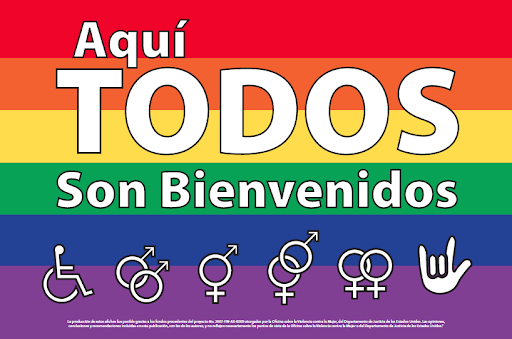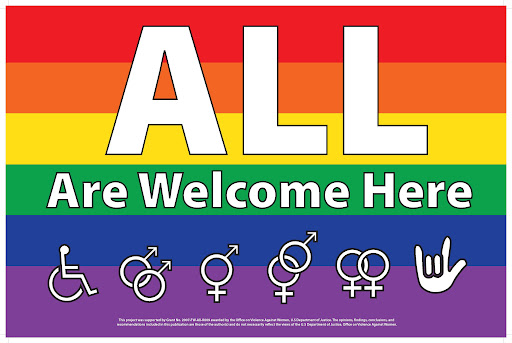Elder Abuse
Abuse of the elderly is a growing problem and a number of our senior citizens who should be enjoying the later years of their life are, instead, being abused in a variety of ways.
Among the forms of abuse carried out against the elderly include:
Physical abuse – the use of force to threaten or physically injure a vulnerable elder.
Emotional abuse – causing distress through verbal attacks, threats, rejection, isolation or other belittling acts which can cause pain, distress or mental anguish.
Sexual abuse – Sexual contact that is forced, threatened, tricked or coerced upon the elderly, including those unable to grant consent. Unwanted exposure to pornography can also be considered here.
Neglect – Refusal by the elder’s caregiver to provide for their safety, physical or emotional needs.
Exploitation – Gaining control over an older person’s money or property through theft, fraud or the misuse and/or neglect of authority.
Abandonment – Deserting a frail or vulnerable elder by anyone who is responsible for their care.
Self-neglect – An inability in understanding the consequences of one’s own actions or inactions, which can lead to harm or endangerment.
Signs of Abuse
Is an elderly member of your family being abused? Look for these signs:
Noticeable physical marks – Slap marks, burns or blisters and other pressure marks on their bodies. If there are explanations for these injuries, make sure the explanations fit the pattern of the injury.
Withdrawal – Are they suddenly not participating in activities they usually enjoy? Look also for unexplained changes in alertness or other unusual behavior.
Bruises or marks around the breasts or genital area – these are signs of sexual abuse, as well as unexplained sexually-transmitted diseases.
Bedsores and other hygiene issues – Untreated bedsores, unclean clothing, unusual weight loss, poor hygiene, overgrown hair and nails or a need for medical and/or dental care are signs of neglect.
Financial issues – Seeing unusual withdrawals in their bank accounts, checks written as “loans” or “gifts” in their checking account, altered legal paperwork like wills or trusts, and loss of property are good signs of exploitation of the elderly.
Don’t be afraid to ask questions if your instincts tell you something is wrong. Victims of elder abuse may be experiencing a variety of these abuses, and any of these signals should be followed up on, either with adult protective services or law enforcement.




